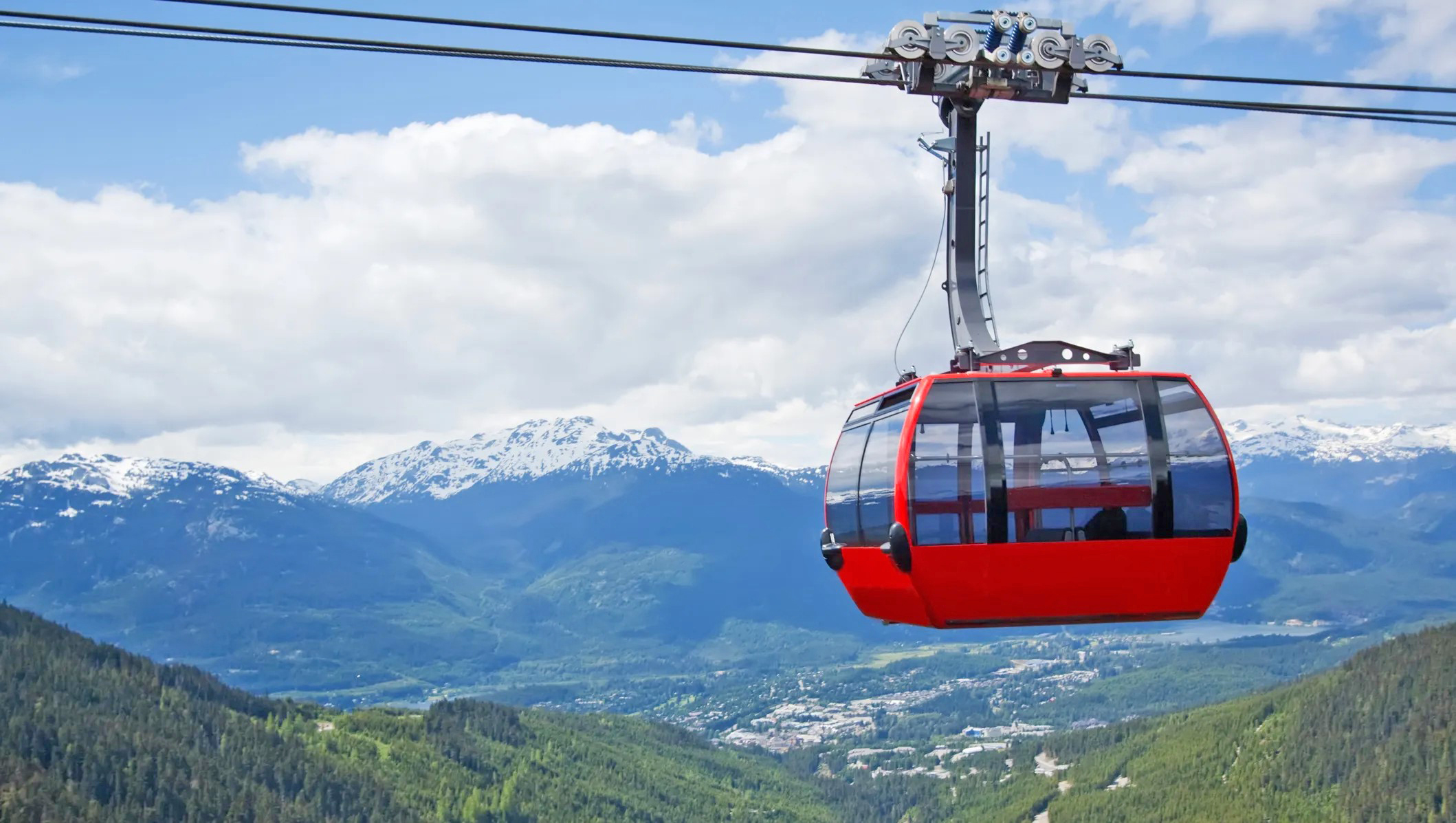Uganda to open EA's largest organic fertiliser plant in Sh65bn Chinese investment

An artistic impression of the proposed Osukuru organic fertliser plant in Uganda. FILE PHOTO | NMG
What you need to know:
Sitting on a 600- acre piece of land, the Guangzhou Dongsong Energy Group (U) Ltd owned industrial complex in Osukulu Sub-county, Tororo District, will produce about 300,000 tonnes of organic fertilisers annually, making it the biggest organic fertiliser plant in East Africa.
Kampala. East Africa’s largest organic fertiliser factory is set to open in Uganda’s eastern district of Tororo in October this year.
Sitting on a 600- acre piece of land, the Guangzhou Dongsong Energy Group (U) Ltd owned industrial complex in Osukulu Sub-county, Tororo District, will produce about 300,000 tonnes of organic fertilisers annually, making it the biggest organic fertiliser plant in East Africa.
Ms Jane Guo, the Group chief executive officer, said the fertilizer production section will be launched on October 9, and that the firm is expected to roll out full production in June next year. October 9 is Uganda’s Independence Day.
"We are on course. Different sections have been given to different contractors and so far the progress is good. The project is good," Ms Guo said while speaking to journalists at her office in Osukuru Sub-county on July 20.
She said the fertilisers are designed specifically for Ugandan soils to boost agriculture in the country.
"Our fertiliser is designed for Ugandan soil, climate and environment. We are purely organic," she said.
According to Ms Guo, Uganda imports approximately 100,000 tonnes of chemical fertilisers annually, a trend which she said they will change with the introduction of organic fertilizers. She said the chemical fertilisers are dangerous to the soils adding that there is need to control their applications in the country.
Ms Guo said the company has done various tests and established various model farms in different areas such as Kabale, Mbale and Masaka where the results have been impressive.
Apart from the fertilisers, the factory will also manufacture construction materials such as steel, glass and unbaked bricks.
Work at the site.
Construction work is already going on at the industrial park, with the first batch of equipment expected in the country for installation late this month. Ms Jane said much of the construction work at the plant is progressing well with different contractors working on different sections.
According to her, work on the fertiliser plant should have been completed by March this year and the rest of the sections would have been completed by the end of the year. She blamed the delays on the rigorous testing of the new technology and failure to secure financing in time. She, however, said all is now in place and expects the completion of the entire industrial park in June 2019.
"We had technological and financial challenges. It has taken us three years to develop the modern technology that we are going to employ in the project. We also got the funds last year. Construction started in February this year and we have the infrastructure for the entire plant,” she said.
Ms Guo said the factory currently employs about 500 local people and the number is expected to rise to 2,000 when it starts full production next year.
The fertiliser factory, once operational, will mark an end to years of controversy, corruption and bribery allegations that dogged the process of awarding the mining rights to Guangzhou Dongsong Energy Group (U) Ltd.
Justice Irene Mulyagonja, the Inspector General of Government (IGG), had previously investigated the officials of the company, directorate of geological surveys and mines after it emerged that the awarding process was fraught with fraud, bribery and outright corruption. However, it later emerged that the company officials met the President; he summoned Justice Mulyagonja and rebuked her over the report, forcing her to retract it.
Utility
The plant is being built on 600 acres of land in Osukulu Sub-county.
Total investment is $650m (about Shs2.2 trillion) mobilised from Industrial and Commercial Bank of China (ICBC), said to be the world’s most valuable bank by market capitalisation.
The name of the project is Sukulu phosphate factory, in Tororo District. It is owned by Guangzhou Dongsong Energy Group (U) Ltd, a Chinese company licensed to mine phosphates in Osukuru Hills in Tororo District.
President Museveni launched the construction of the complex in August 2014. The construction work was expected to be completed by the end of this year, however, there were delays in securing funding from the banks, and also technology that will be employed.
The company is expected to generate $600 million annually and provide more then 1, 000 jobs Ugandans.
In 2012, M/S Guangzhou Dongsong Energy Group Company (U) Ltd embarked on geological explorations of the hills to verify the reserves.
The company signed a mineral development agreement with government to establish the comprehensive plant..



